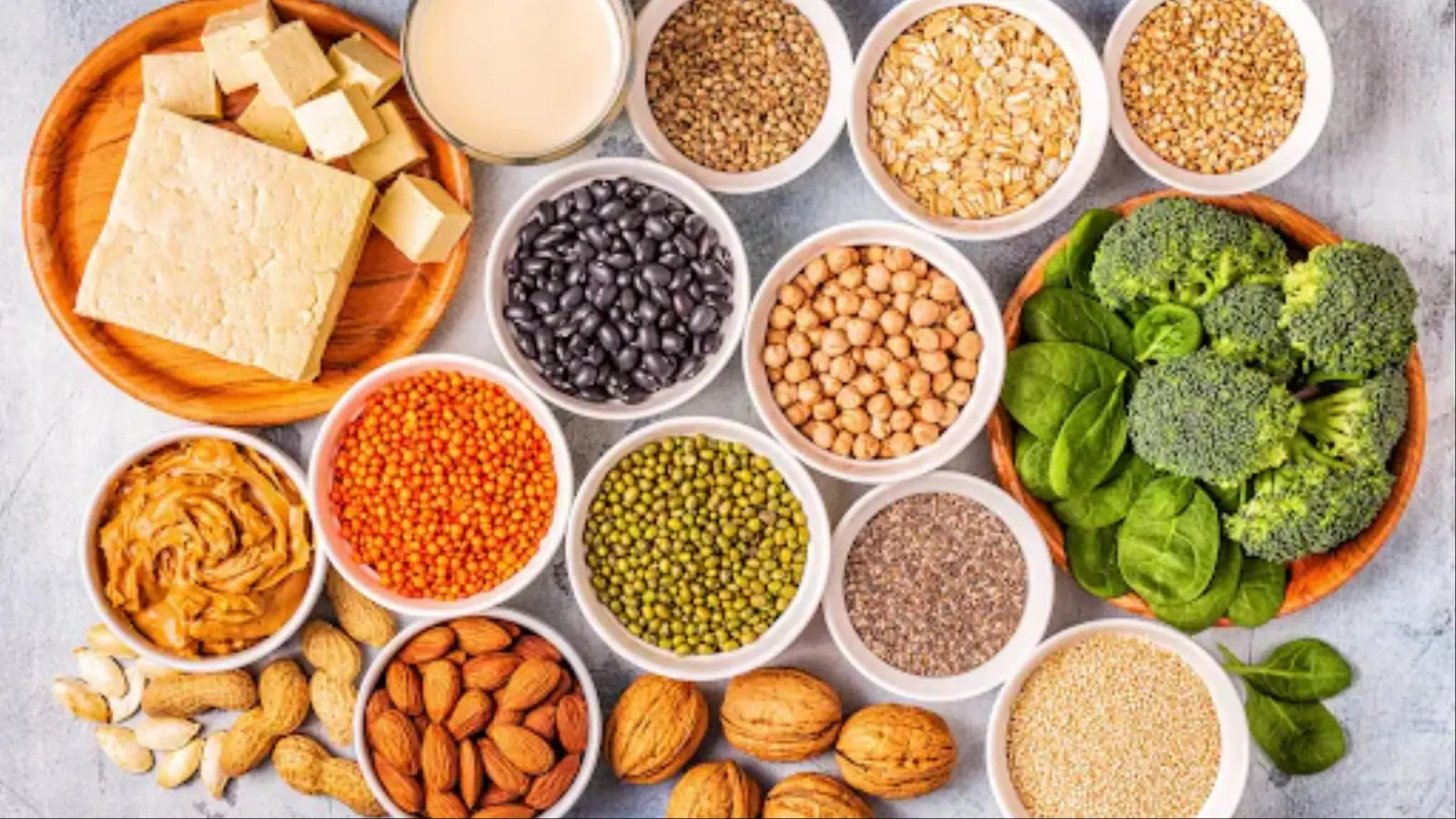Copyright news18

Across urban India, a curious paradox plays out daily. People are eating ‘healthy’ home-cooked meals, early dinners, regular workouts, yet they feel constantly tired, crave sugar by afternoon, and struggle to lose fat or gain energy. The reason isn’t discipline or diet trends. It’s protein: the one macronutrient still missing from most Indian plates. Despite its central role in metabolism, hormones, and muscle repair, protein often takes a backseat to carbs and comfort foods. And the fallout shows up everywhere: fatigue, mood swings, weak immunity, and slow fitness progress. Protein In The Indian Diet Nutritionist Madhavi Shilpi, Metabolic Health Coach based in Mumbai, says, “The real breakthrough for Indian diets is simple: better protein intake, consistently and from real food.” She explains that while our traditional meals brim with warmth and culture, they rarely make protein the star. “Modern life adds stress, long hours, and less movement – all of which increase our need for protein,” she adds. Low intake often shows up as constant hunger, sweet cravings, hair fall, and stubborn fat. One bowl of dal gives about 7 grams of protein, while an adult needs around 50 to 60 grams daily -a a gap that’s easy to miss without conscious planning. Her fix? Think of every meal as having a ‘protein anchor.’ That could mean a moong chilla with sprouts, paneer paratha, tofu stir-fry, grilled fish, or an omelette. “Aim for around 20 grams of protein per meal and let most of it come from real food,” she suggests. Why Is Protein Essential? Integrative Health Coach Dr. Prarthana Shah paints a vivid picture of our everyday eating patterns. “Between ‘one more roti’ and ‘I already had dal, that’s enough,’ we forget the macronutrient that truly builds us,” she says. Protein, she explains, isn’t just for gym-goers or smoothie enthusiasts. It’s essential for hormonal balance, steady moods, and faster metabolism. “Skip it, and you’ll likely find yourself tired, irritable, and blaming low energy on bad weather or your workday.” Dr. Shah busts a few myths too: “Protein doesn’t damage healthy kidneys. The real problem is that most of us don’t get enough. Vegetarian diets can meet protein needs with the right planning and variety.” Her go-to additions: tofu, paneer, Greek yoghurt, lentils, nuts, and seeds. Rebuilding The Indian Plate The message from both experts is clear: protein isn’t a fad, it’s foundational. When your plate has enough of it, blood sugar stabilises, cortisol (the stress hormone) stays in check, and your brain has the amino acids to produce “happy” chemicals. The shift doesn’t need to be dramatic, just intentional. A serving of curd, a handful of seeds, or an extra scoop of dal can bridge the gap. In return, you get sustained energy, fewer cravings, a better mood, stronger hair, and improved metabolism. Because in the end, no amount of caffeine or clean eating can replace what a good dose of protein quietly delivers every day.



